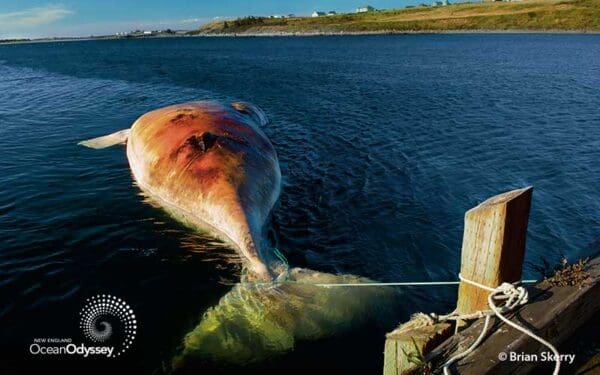Record-breaking Rains Harm Ecosystems and Inspire Action in New Hampshire
A summer of extreme weather in New Hampshire has harmed the environment. It has also inspired citizens to take action.
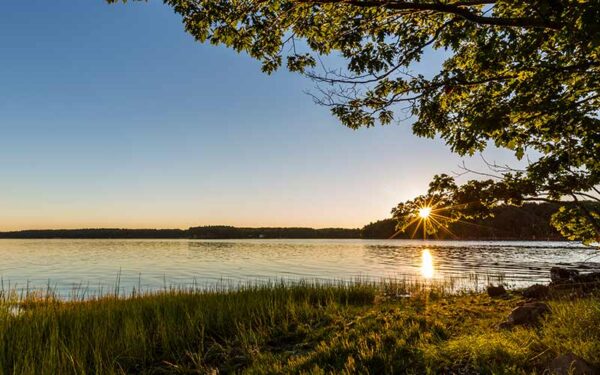
A summer of extreme weather in New Hampshire has harmed the environment. It has also inspired citizens to take action.

The climate crisis is here. That means we must not only focus on how to prevent future climate impacts but also on how to preserve life and prevent damage to our homes, neighborhoods, and cities today. Here’s how.
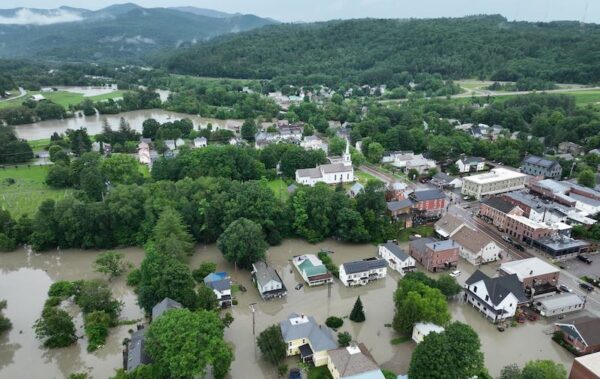
Fossil fuel companies are pushing alternative fuels as solutions to the climate crisis – but those fuels aren’t solutions at all.
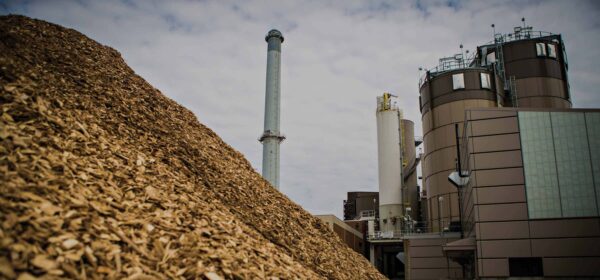
CLF’s recently published study finds that bioenergy can play a limited role in industries that are near-impossible to electrify – but clean energy like solar, wind, and heat pumps must largely pave the path forward.
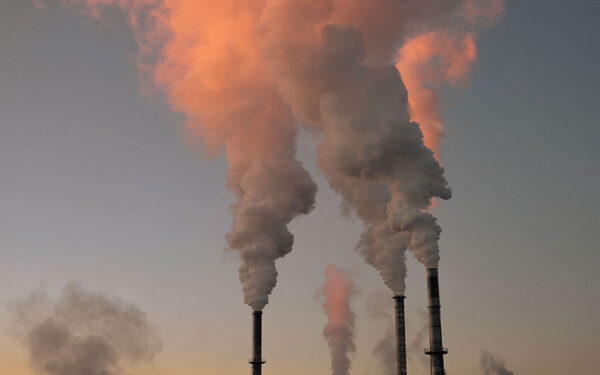
As the conversation around our clean energy future progresses, new fuels have entered the field that are purportedly “renewable” and “clean.” These fuels are often called “bioenergy” because they are produced from natural resources and waste. Policymakers are contending with what role these new fuels play in slowing climate change. CLF answers this question in… Continue reading Limited and Careful Use: The Role of Bioenergy in New England’s Clean Energy Future
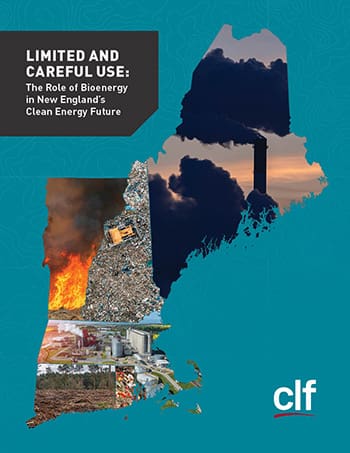
As demand for electric vehicles rises, so does demand for the minerals that make up their batteries. We can ensure mining for them does not hurt people or the environment.
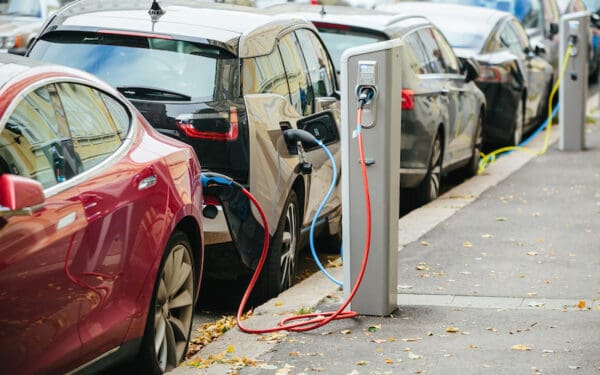
CLF identified common challenges and barriers, best practices, and gaps in research in order to develop a strategy for accelerating urban forestry efforts in New England.
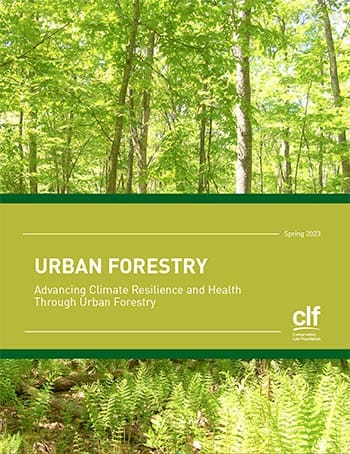
Our transition to a clean energy future must benefit those shouldering the worst burdens of pollution, economic loss, and public health harm
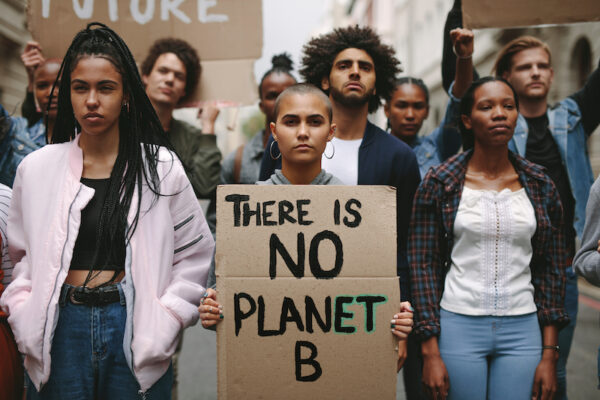
A proposal to build an anaerobic digester on Vermont’s largest dairy farm is not the climate solution its proponents claim it to be.
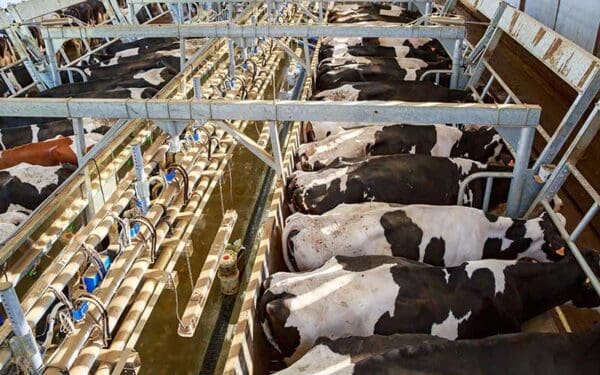
To save right whales from extinction, we must protect them from boats and fishing gear.
